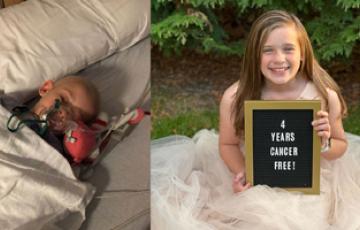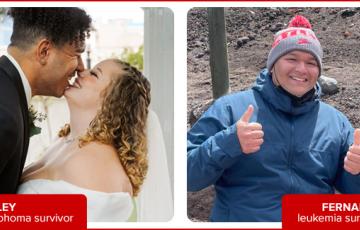Lymphoma Canada
To empower lymphoma patients, and the lymphoma community, through education, support and research.
- Provides education and support for individuals with lymphoma and their support network
- Funds medical research to find a cure for lymphatic cancer
- Advocates for the best treatment and care for lymphoma patients
- Promotes further research and new treatments in lymphoma and rapid access to new developments.
Patients, caregivers and those concerned with lymphoma in Canada
866-659-5556 http://www.lymphoma.ca/


